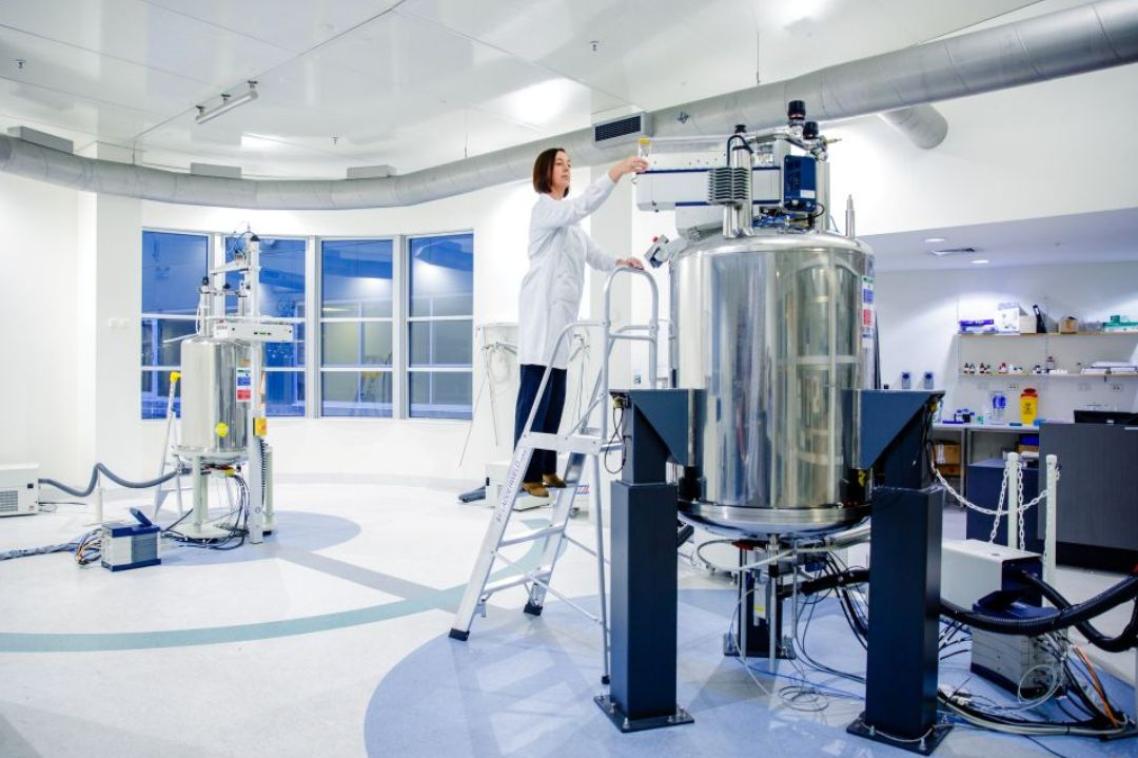Computer beliefs affect academic results: UQ research
Student perceptions about ease of use of computers and their usefulness directly affect their academic results, according to University of Queensland research.
Commerce Department senior lecturer Dr Colin Ferguson said study results showed that the best outcomes from computer-assisted learning occurred when students were at ease with computer technology.
'The results show that when students believe there's a pay-off from using the software they perform better than students who don't hold these beliefs,' Dr Ferguson said.
The study involved a survey of 50 undergraduate introductory accounting students in 1996.
Dr Ferguson, Department research assistant Irene Tuttichi and visiting Professor Terry O'Keefe of the University of Oregon now are analysing the results of the same survey of 90 postgraduate introductory accounting students.
'The question now is, how do these perceptions affect the way students use software?' Dr Ferguson said.
Dr Ferguson said he was surprised by anxiety levels about computer use by the surveyed students, some of whom tried to avoid it.
'We're interested in how computers can lead to an academic pay-off for students,' he said.
Computer-managed learning software is incorporated into the University's introductory accounting program, to provide self-directed learning.
Dr Ferguson provides all course material on the Web, including tutorial schedules, study guides and overheads used in lectures, so students can download information at least 12 hours before the relevant lecture.
He said the Web-based material particularly benefited masters students, many of whom worked full-time.
The attributes of students also seem to be evident among practising professional accountants.
The findings are similar to Dr Ferguson's recent research which tested interrelations between perceptions, anxieties, attitudes and microcomputer use and work outcomes of professional accountants.
Accountants' attitudes toward using, and their use of, personal computers affect their job satisfaction, according to his survey.
'Job performance, while not appearing to be affected by microcomputer use, is influenced by microcomputer attitudes,' he said.
Dr Ferguson analysed the responses of 157 accountants working in one of the Big Six accounting firms.
Of the respondents, 80 percent were under 30 years, 97 percent had university degrees and 42 percent were female. However, personal variables did not appear to influence results, he said.
'If accountants believe computers are easy to use and advance their work, they're less anxious about using them,' Dr Ferguson said.
'General perceptions of microcomputer utility did not increase use by accountants which suggests that, in terms of utility, accountants may need to see specific ?pay-offs' through the use of certain software before they adopt microcomputers.
'A general feeling by accountants that microcomputers will help them become more efficient and effective in their job doesn't appear to be sufficient motivation for them to make greater use of microcomputers.'
Dr Ferguson said the findings delivered an important message to organisations by identifying factors that were important in the process of information technology adoption and adaptation.
In 1996, Dr Ferguson and Professor O'Keefe won an Institute of Chartered Accountants of Australia information technology research grant to undertake research on information technology used by auditors.
This research is currently in progress.
For more information, contact Dr Ferguson (telephone 07 3365 6631).
Related articles

UQ experts recognised for national impact

National database of deaths in custody grows to more than 1200 people
Media contact
UQ Communications
communications@uq.edu.au
+61 429 056 139
